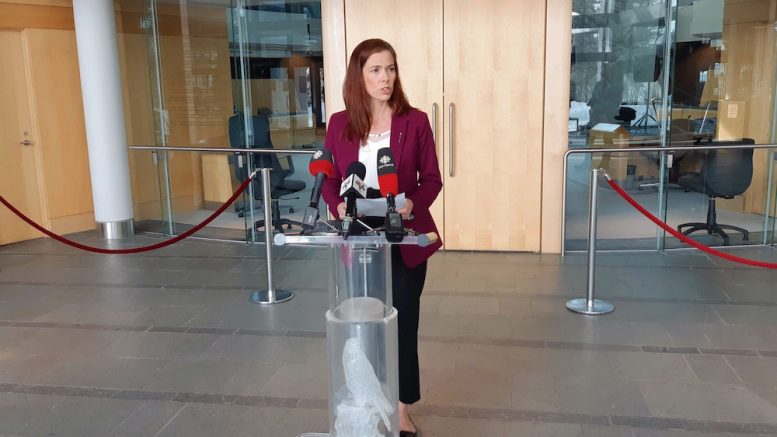NWT residents who have been laid off or had a “significant decline” in their income due to COVID-19 are allowed to request their rent be deferred.
Tenants in this situation are now allowed to write to their landlord explaining the reason they cannot pay rent and how they plan to repay it in the future.
Under the regulation, landlords are allowed to ask for proof the tenant is no longer employed or has reduced income.
CKLB asked what kind of evidence landlords are allowed to request.
“It will be up to the tenant to identify what that appropriate evidence may be in accordance to their particular situation,” said a government spokesperson. “In the case of a tenant losing their job because of the pandemic, that evidence could be in the form of a notice of lay-off or a letter from their former employer.”
To reduce privacy concerns, landlords must only request specific types of documentation that “point to the cause of the reduction in income.”
Plan for repayment
The new regulation prevents landlords from evicting tenants if they cannot pay rent and for a handful of other reasons.
“(The regulation) postpones but does not remove (tenants’) responsibility to pay their rent to their landlord, but it does give them breathing time to get their plans in order to be able to meet their financial obligations without fear of eviction,” said Finance Minister Caroline Wawzonek in a statement.
To be clear, the regulation doesn’t annul tenants’ rent, just delay it.
“Tenants are expected to make plans for paying the amount that they owe to the landlord after the emergency is over, including the rent that accrued during the period payments was deferred,” said a government spokesperson. “It will be up to the landlord and the tenant to determine a suitable repayment plan.”
A landlord will still be allowed to evict tenants (with 10 days’ notice) if they have caused damage and will not repair it, if the tenant has “caused repeated unreasonable disturbances of other tenants’ use of the property,” or if the landlord’s and other tenants’ safety is at risk.
Francis was a reporter with CKLB from January 2019 to March 2023. In his time with CKLB, he had the immense pleasure and honour of learning about northern Indigenous cultures.









